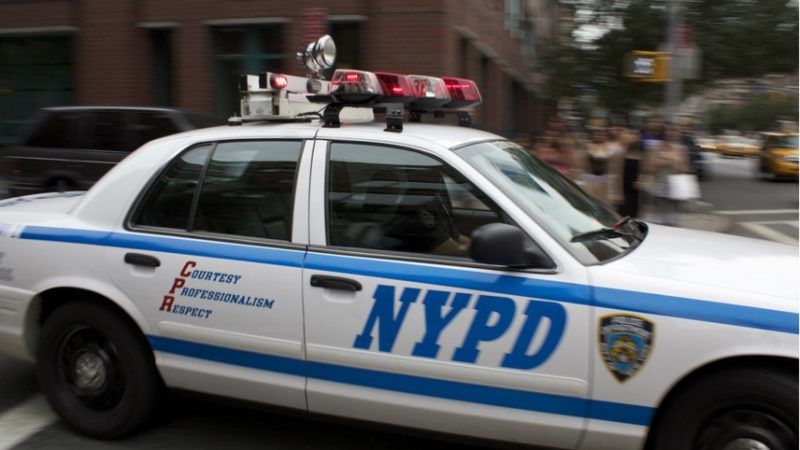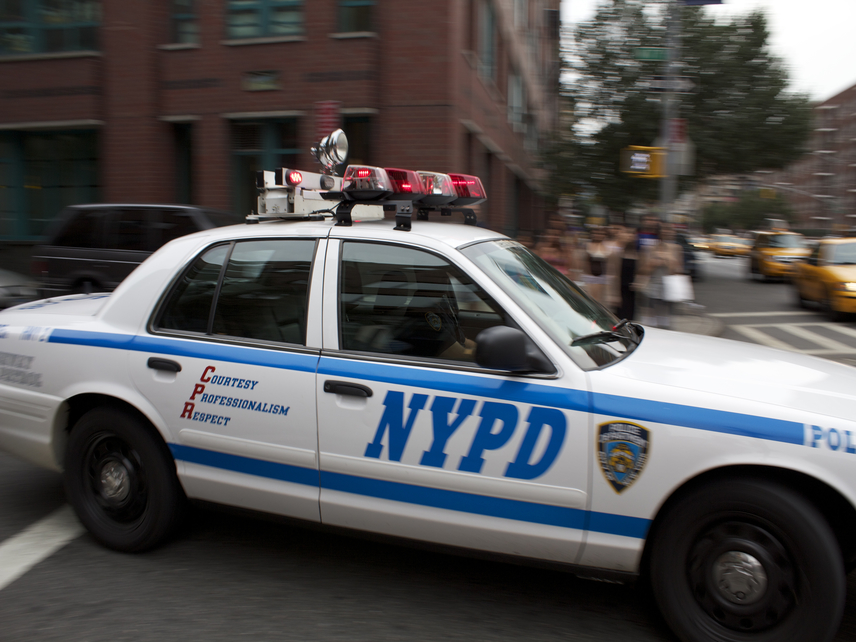NYPD Officers Investigated for Illegal Gun Searches
Officers could face charges for perjury, official misconduct


The Bronx County District Attorney's Office is investigating members of the New York Police Department's (NYPD) 52nd Precinct for perjury and official misconduct in connection with allegations of illegal investigative tactics used to locate illegal guns, the New York Daily News reports.
The precinct, located in in the central Bronx, has seen a dramatic recent uptick in gun possession arrests, a trend which has earned its leadership praise within the NYPD's statistics-driven command structure. According to the report, members of the precinct could face criminal charges, internal disciplinary measures, or both.
Because they often involve broad-scale intrusive searches of homes and individuals, such police "gun recovery" operations have drawn criticism from residents and civil liberties groups in the past. New York City mayor Michael Bloomberg's controversial "Stop and Frisk" program, which was declared illegal by a federal judge in 2013, was largely aimed at discovering illegal guns.
Officers in the precinct allegedly engaged in a routine practice of arresting suspects on questionable pretexts, and offer to drop charges in exchange for the location of illegal guns. When the guns were located, however, the cops would charge their new 'informant' with possession of the guns, often leaving the original arrest and charge in place.
These tactics reportedly led to a number of felony gun possession cases being dropped in court or plead out as minor misdemeanors, presumably to avoid having to defend the officers' conduct in court.
As the report notes, it is not unlawful for police to lie or make false promises to criminal suspects. It is likely the district attorney's investigation is instead focused on whether officers have deliberately made unjustified arrests to leverage for interrogations aimed at gun recovery, or have lied to courts about their investigative procedures. There may also be a question as to whether 'consent searches' conducted under such circumstances are legally valid, or whether consent to search arrestees' homes was ever actually obtained at all.


Show Comments (5)